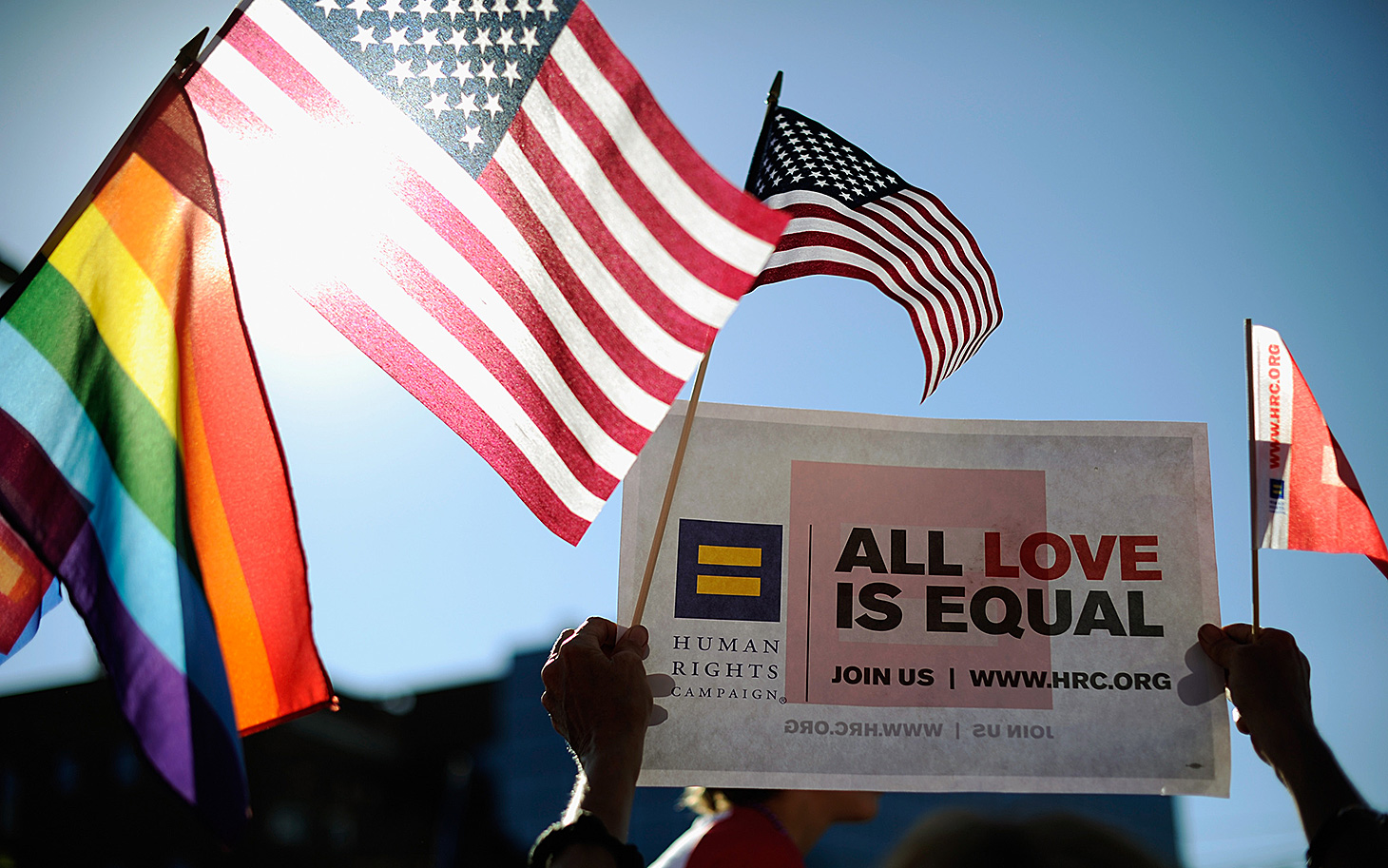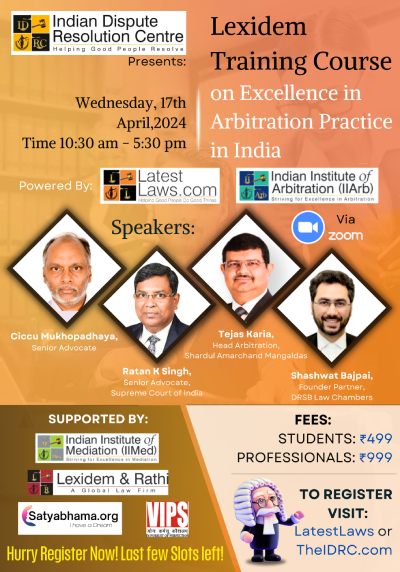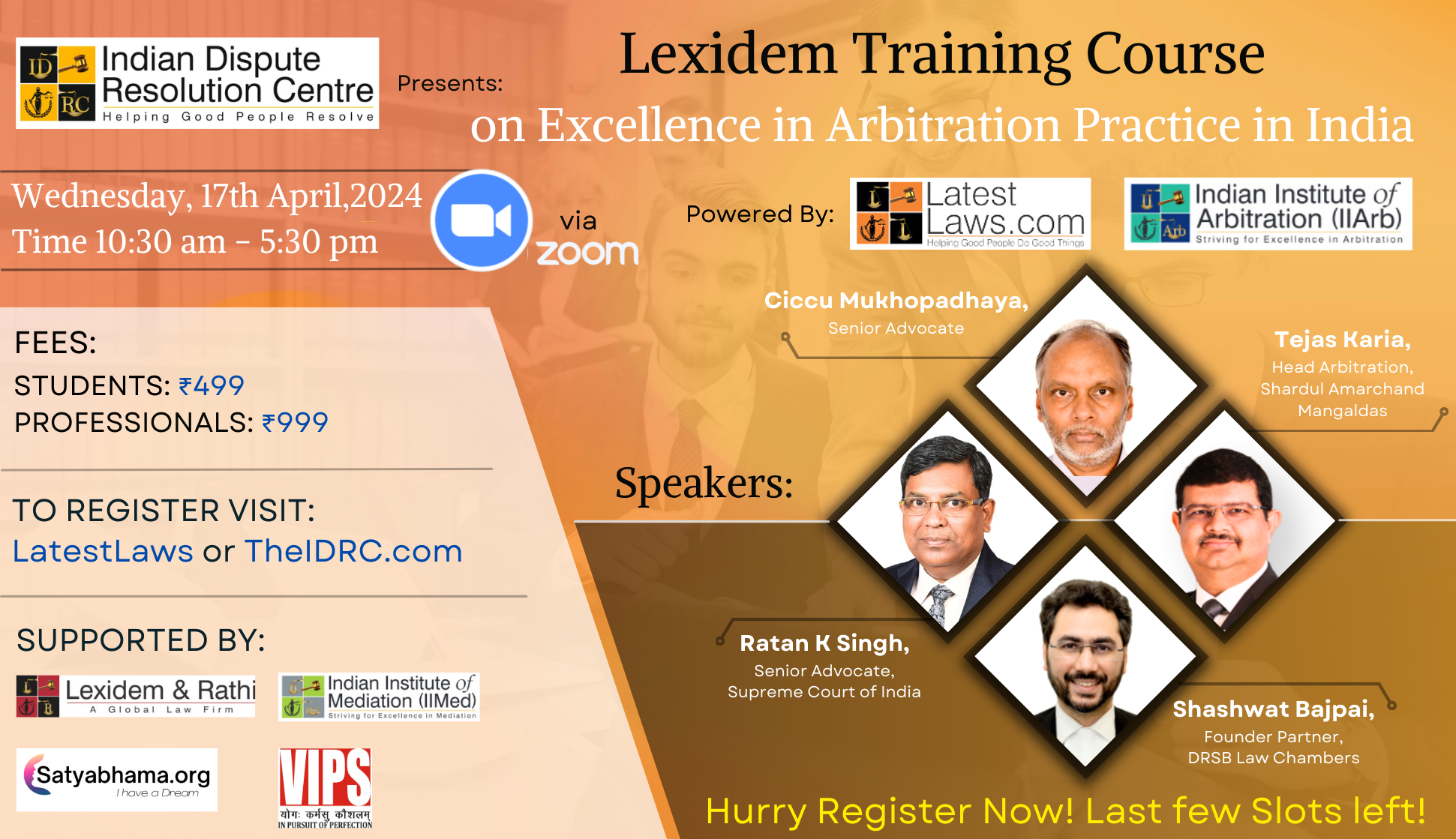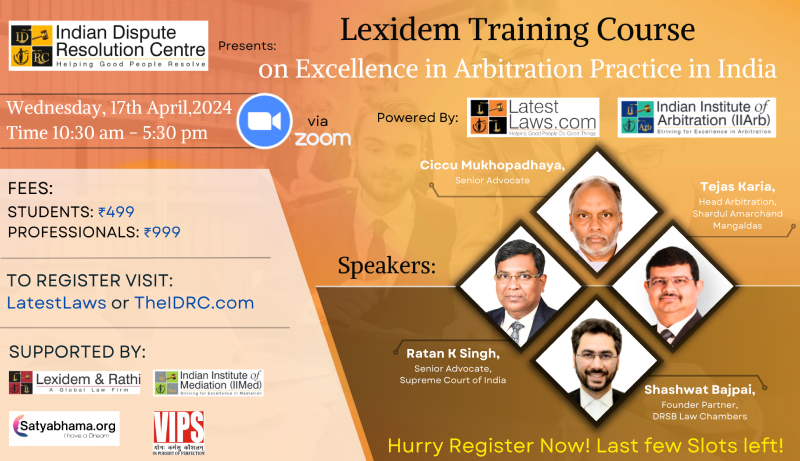May,5,2015: In 1986, Supreme Court Justice Lewis Powell remarked to a clerk: “I don’t believe I’ve ever met a homosexual.” Powell’s comment came in the course of his struggle to understand the stakes in the infamous Bowers v. Hardwick case, in which he ultimately provided the swing vote to uphold a Georgia law criminalizing “sodomy.”Just under 30 years later, Powell’s seat on the Court is occupied by Anthony Kennedy, who is likely to provide the swing vote in the cases that will be heard today — and many observers expect him to declare that the Constitution confers a right to same-sex marriage in all 50 states.
The progression captures the dramatic cultural shift that has taken place in the last few decades beneath the feet of the Court and the nation’s political establishment on gay rights and same-sex marriage, one that could culminate in today’s arguments and the potentially historic ruling that follows.
Already legal in 37 of the country's 50 states and in the capital Washington, experts say it seems inevitable that the nation's top court will recognize gay marriage.
"Marriage equality has advanced with remarkable speed through the states," said constitutional law professor Steven Schwinn of the John Marshall Law School in Chicago.
"In effect, the Supreme Court allowed same-sex marriages to move forward in those jurisdictions, making it all the more difficult to roll back marriage equality now."
As early as Friday afternoon, a line was forming outside the courthouse in Washington, with people hoping to secure a spot in the public gallery for the historic court session. Schwinn said the court would likely vote in favor of gay marriage and the case "is almost sure to be a capstone in establishing federal civil rights for gays and lesbians."
The nine justices will hear from plaintiffs from four states -- Ohio, Michigan, Tennessee and Kentucky -- where gay marriage is still banned.
Supported by the Obama administration, the 16 plaintiffs want to legally marry but their home states define marriage as being between a man and a woman and do not recognize gay marriages carried out elsewhere in the country. If the Supreme Court rules on these four states, it will be making a de facto decision on all the 13 states banning gay marriage. At issue is the Supreme Court's interpretation of the 14th Amendment of the US Constitution, which provides equal protection under the law. Judges must decide if this amendment means states must allow gay marriage, and whether states are required to recognize same-sex marriages that were conducted in other states.
"It's more likely that the court says yes to both questions or no to both questions, between those two choices it's certainly more likely they would say yes to both," said David Cruz, a professor from the University of Southern California Law School. Maureen Holland, the lawyer for a plaintiff couple from Tennessee, said: "Same-sex marriage is... marriage, and should be respected by unanimous states." She said "all indicators" suggest the court will rule in favor of gay marriage.- Federal or state issue? -
In a landmark decision in June 2013, the court struck down a law denying federal benefits to homosexual couples. But it stopped short of legalizing same-sex marriage nationwide, leaving that question to the states -- even though the court traditionally protects federalist principles. The four states at the center of this case are being backed by several religious and conservative groups, which argue they have a right to protect a traditional definition of marriage. More than 130 arguments have been filed in the case, the majority of which are in support of the plaintiffs.
Following on from previous positions in favor of gay rights, conservative justice Anthony Kennedy is expected to join the four liberal judges in approving gay marriage at the national level. A ruling is expected at the end of June.
Here are six ways the Supreme Court's ruling could affect the lives of same-sex couples living in the United States.
1. Adoption
If you're not married, it's generally more complicated to adopt a child, Trachtman told Live Science.
"Unmarried couples can sometimes adopt together," Trachtman said. "But it's just easier [if you're married]. You're presumed to have a more stable home."
In fact, one of the Supreme Court cases involves two women who want to get married, in part because Michigan laws do not allow unmarried couples to jointly adopt children, according to SCOTUSblog, a blog that follows Supreme Court cases.
April DeBoer and Jayne Rowse, two women who have lived together for 10 years and who own a home together, have three adopted children, according to SCOTUSblog. Because they can't get married in Michigan, and thus cannot jointly adopt their three children, DeBoer has adopted one child and Rowse has adopted the other two. But the women cannot share their health insurance with their nonadopted children. And, if one woman dies, the other would not get automatic custody of the nonadopted children, according to SCOTUSblog.
Having marriage rights "certainly makes it easier to adopt, and easier to be considered as a second parent for your spouse's adopted child," Trachtman said.
2. Sponsoring a spouse
Marriage gives U.S. citizens the right to sponsor their foreign spouse forimmigration status, including getting a green card.
Following a 2013 Supreme Court decision, the Obama administration began allowing married same-sex couples the right to sponsor a foreign spouse, Trachtman said. But many same-sex couples don't qualify for this legal option because they can't get married in their home states.
"People who can already get married now have that treatment under the federal immigration laws," Trachtman said. "But people who can't get married still can't take advantage of that." [5 Myths About Gay People Debunked]
3. Hospitalization
Nobody likes getting sick on vacation, but it can be especially dangerous for gay couples if they're traveling in a state that doesn't recognizesame-sex marriage.
"Let's say that somebody has to go to the hospital, and [the hospital doesn't] treat you as a spouse for purposes of making health care decisions or access for visits," Trachtman said.
It's now legal for same-sex couples to get married in 37 out of 50 states, and the District of Columbia. But the remaining 13 states could be a problem for same-sex couples, even if they are legally married in their home states, Trachtman said.
Currently, some couples work around this by giving their partners powers of attorney, so that the partner will be able to make decisions for them in case there's a crisis, Trachtman said. The Supreme Court could simplify this interstate problem by legalizing same-sex marriage or by asking all states to recognize these unions, even if they're not legal there, he added.
4. Taxes, Social Security and insurance
Married people have a slew of benefits; they can file joint state and federal taxes, continue to receive their deceased spouse's Social Security payments through a program called survivor benefits, and take part in their spouse's work-sponsored health insurance plans.
"Many private employers and businesses use martial status for a basis for whether they get certain kinds of benefits," Trachtman said. "It could be putting people on health insurance, or something as silly as a married discount for a health club."
5. Inheritance and death
Federal tax laws have a big say in inheritance. For someone in a married couple, "your spouse inherits everything without paying any taxes," Trachtman said. "You only pay an inheritance tax when the second spouse dies."
The tax is required if a couple is not married, he said. This issue was argued in the 2013 Supreme Court case U.S. v. Windsor, which involved two New York women who had married in Toronto, Canada, in 2007. After one of them died in 2009, the other was required to pay more than $360,000 in federal estate taxes because the Internal Revenue Service did not recognize their marriage.
In U.S. v. Windsor, the Supreme Court struck down the Defense of Marriage Act, which prohibited lawfully married same-sex couples from accessing the federal benefits afforded to opposite-sex married couples and their families. The new ruling could make same-sex unions legal across the country so that married couples wouldn't have to worry about paying an inheritance tax.
Also, state laws usually give spouses the automatic right to make burial decisions — for instance, whether to bury or cremate a person's remains. Spouses can also typically determine where to bury their husbands or wives.
"If they're not married, the family can overrule them," Trachtman said. "And they'll have no say even if they were together for 20 years."
6. Dignity
Financial benefits and practicalities aside, marriage can also deliverequal dignity in a community, Trachtman said.
Marriage "has a lot of power and respect in a lot of communities, and to not be able to do that is sort of sending a signal that their relationships are second class," Trachtman said.
Children may also be aware of that dignity (or the lack of it), especially if their friends' parents are married, he added.
"They feel bad that their family is not considered as good as other families," Trachtman said.
Picture Source :




























